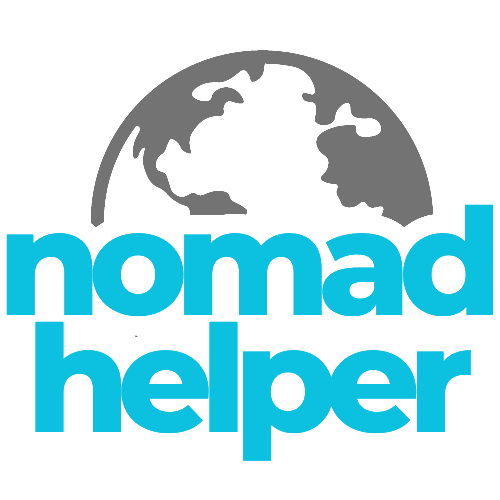Table of Contents
- The Importance Of Clear Communication
- Understand the Impact of Time Zones
- Embrace Cultural Differences
- Navigating Technical Challenges
- Promote Team Cohesion
- Ensuring Accountability
- Conclusion
The Importance Of Clear Communication
From my experience, one of the biggest challenges of managing a team from another continent is establishing effective communication. Since direct, face-to-face interactions are off the table, understanding and making oneself understood can become a hurdle. Therefore, setting up effective channels of communication is of paramount importance. I remember once, I handled a team based in Sydney from my New York office. Despite being extremely competent, the team’s performance was not up to the mark. On digging deeper, I realized it was because the team was struggling with understanding my instructions. This is where digital collaboration tools Slack and Trello came to my rescue. These allowed for clearer task assignments, easier communication of changes, and better progression tracking.Understand the Impact of Time Zones
Another significant aspect to keep in mind when managing remote teams is time zones. The team I was handling in Sydney was almost 15 hours ahead of me. Initially, this posed a great challenge. Later, however, I worked out a schedule that allowed for overlapping work hours despite the time difference. In such scenarios, flexible working hours can be a boon. But remember, it’s crucial to strike a balance to ensure that no one feels marginalized or overworked.Recommended article: Handling Time Zone Differences in Remote Work

Embrace Cultural Differences
Cultural differences can pose significant challenges while managing teams across continents. However, instead of viewing these differences as obstacles, I’ve learned to view them as a strength. When working with my team in Japan, I made an effort to understand their culture and work etiquette. Their detailed and meticulous approach to work, a reflection of their culture, greatly improved the overall quality of work. Embracing cultural differences not only aids in effective communication but also helps in fostering unity in diversity.Navigating Technical Challenges
The team I managed in South Africa once faced technical challenges due to local service issues. Initially, they were hesitant to communicate these problems and maintain transparency for fear of reprimand. Hence, I made a point to foster an environment where they were comfortable sharing such issues. I established standard protocols, enlisted local IT services, and introduced TeamViewer, a remote desktop software, to help mitigate such issues swiftly.Promote Team Cohesion
Enhancing team cohesion can be challenging when managing teams remotely. Misunderstanding, feelings of detachment, or isolation can creep in. To fight this, I made it a priority to set up regular team-building activities using platforms like Zoom and Skribbl. Though virtually, these activities bridged gaps, fostered a sense of belonging, and significantly improved team cohesion.Recommended article: The Impact of Covid-19 on Remote Work



